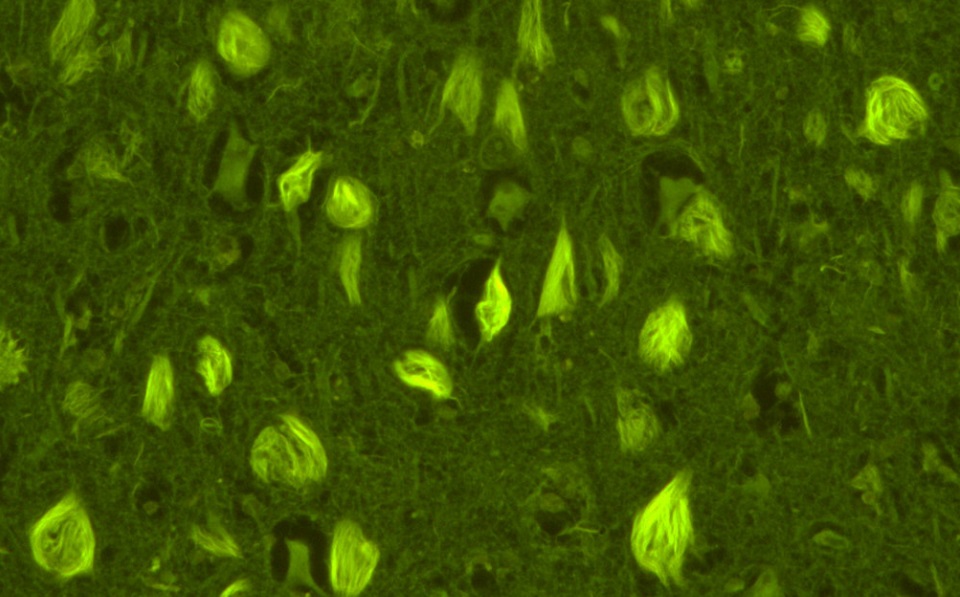
Brain UK study ref: 15/013,
Lay summary,
Project status: Closed
Exploratory study: Use of MultiOmyx to investigate the pathology of Alzheimer’s disease
Prof J Nicoll, University of Southampton
Alzheimer’s disease is the commonest cause of dementia (failure of mental function with age). In the brain in Alzheimer’s disease there are many different abnormalities, affecting many different proteins. Understanding of how the different proteins interact is limited because of technical constraints. For example, the proteins involved include Aβ, tau, apoE, which are located in different structures in the brain; inside and outside cells (including nerve cells and supporting cells) and within the walls of blood vessels. The limitation in our understanding comes about because in any one sample of brain tissue it is only possible to identify up to about 3 proteins at a time. Collaborators at GE Global Research are developing new technology called MultiOmyx which allows examination of up to 60 different proteins in the same tissue sample. This is a tremendous technical advance and has the potential to increase our understanding of the brain abnormalities in Alzheimer’s disease and other diseases affecting the brain. In this study we wish to work in collaboration to explore the use of MultiOmyx in Alzheimer’s disease, in this pilot study by using brain tissue from 6 patients with Alzheimer’s disease and 6 elderly normal subjects for comparison.
